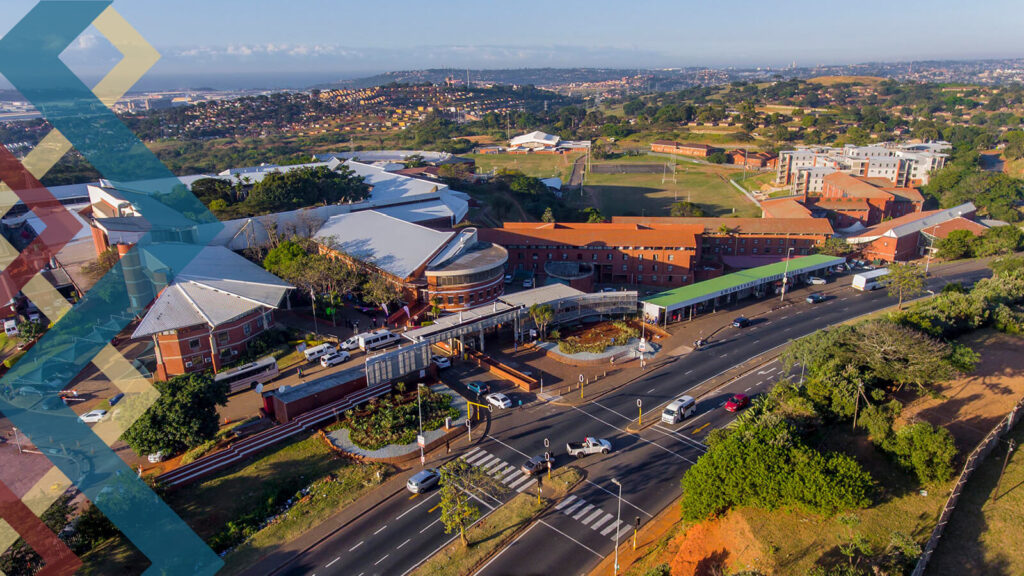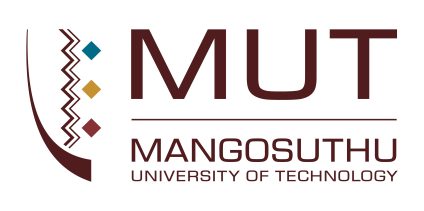About this Department:
This department offers chemical technology services to the public, through the nation-wide Technology Stations Programme (TSP) run by the Technology Innovation Agency (TIA) which falls under the Department of Science and Innovation.
The goal is to provide companies and businesses with technological services at a reduced cost while also exposing students to real-life work experience. There are Technology Stations in 18 universities around the country.
At MUT, the Technology Station specialises in chemical and related services for local businesses and industries.
By partnering with the GiZ (Deutsche Gesellschafte für Internationale Zusammenarbeit GmbH), the Small Enterprise Development Centre (SEDA), iThala Development Bank, Chemin and the Chemical Industries SETA (CHIETA), the Technology Station at MUT is able to offer cost-effective services using state-of-the-art equipment and technology. This all contributes towards the effective transfer of technology skills and training that improves the economic wellbeing of the country.
Graduates produced by this programme gain work experience in skilled and scarce fields while providing competitive services to established and emerging markets.
Currently, the MUT Technology Station in Chemicals offers services within KwaZulu-Natal within the following sectors:
- Surfactants – Detergents and Disinfectants
- Cosmetics
- Water Management
- Bio-Energy
- Urban Agriculture
- SMME Training



Research, Innovation & Engagement | Technology Station in Chemicals
The Technology Station in Chemicals at Mangosuthu University of Technology (TSC) under the Technology Stations Programme of the Technology Innovation Agency (TIA) offers technological support and services to industries involved or specializing in chemical and related operations. The scope of the TSC ranges from SMMEs to large industries and corporate establishments. This is achieved through established relationships with Higher Education Institutions (HEI), including MUT; students, through the TSC’s Internship programme, scientists, and entrepreneurs who work to develop new technological knowledge in chemical and related disciplines.
The TSC has a standing working relationship and established collaboration with GiZ (Deutsche Gesellchafte für Internationale Zusammenarbeit GmbH) consultants. To foster a culture of holistic interventions, the TSC is also partnering with other agencies like the Small Enterprise Development Agency (SEDA), iThala Development Bank, Chemin and the Chemical Industries seta (CHIETA).
All operations are geared to encourage innovation, and to aid academics, students and SMMEs to develop and transfer technology thereby participating in economic welfare of the country. To achieve its mandate and to focus the Station, the TSC Strategic Plan 2015 is in place, and is put into operation by this Business Plan; and the corresponding Plan of Operation. The TSC Strategic Plan aims to guide the station’s planning and operations towards a successful delivery of TIA objectives for the Infrastructure and Planning Division which are summarized as follows:
- Technology Solutions: providing technical oriented small to medium-sized businesses with competitive solutions utilizing state-of-the-art technology platforms at its fifteen technology stations.
- Training Services: developing centres of excellence and conducting skills transfer to companies from accredited training events.
- Skills Development: produce graduates through the TIA/Internship Programme in the field of Science and Engineering, thereby assisting them to be employed in competitive industry as skilled labour force and middle management in the manufacturing sector.
- Technical Innovation: increase services for SMMEs to be productive, and to create jobs and gain access to new markets, and export innovative products that comply with national and international standards.
For the TSC the following Main Goals have been set to respond to TIA objectives:
Goal 1: Change in-house weaknesses into strengths
Goal 2: Alignment of TSC strategy with TIA strategy
Goal 3: Alignment of TSC strategy with MUT strategy
Goal 4: Attract non-core projects from multinational corporations
Goal 5: Source funds from other funding agencies
Goal 6: Develop relevant technology transfer skills and resources
Goal 7: Develop critical mass to sustain technology development and transfer
The Main Goals will be achieved through the following support goals:
- Financial Support Goals
- Administrative Support Goals
- Marketing Support Goals
- Projects Operations
- Management Support Goals
- Technology and Innovation Management Support Goals
- Safety, Health, Environmental, Risk and Quality Support Goals and Training
